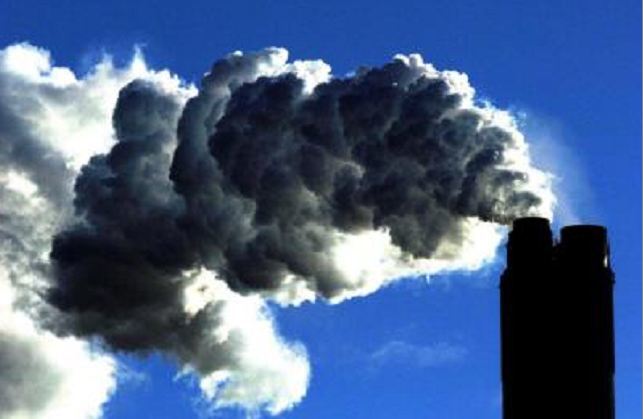
Sir David Attenborough has urged countries to sign up to a global scheme to make clean energy cheaper than fossil fuels, warning the Earth is in danger from climate change.
He is one of 27 top scientists, business executives, academics and politicians who have called on nations to adopt the Global Apollo Programme by the time key international talks on a new global treaty to tackle climate change take place in Paris.
Like the US programme in the 1960s to put a man on the moon, the Global Apollo Programme has a clear goal, in this case to make electricity from solar and wind cheaper than power from coal in every country and to do so within a decade.
Key areas the international scheme will focus on include ways of storing electricity, smart grids which balance supply and demand and solar and wind technology.
Sir David has been joined by figures including leading physicist and TV presenter Brian Cox, Unilever chief executive Paul Polman, former energy secretary Ed Davey, former cabinet secretary Lord O’Donnell and Astronomer Royal Lord Martin Rees, in signing an open letter calling for action ahead of the climate talks.
In a video message, Sir David said: “I’ve been lucky enough to spend my life exploring the world’s oceans, forests and deserts, but the Earth with its spectacular variety of creatures and landscapes is now in danger.
“Just one thing, however, would be enough to halt climate change: if clean energy became cheaper than coal, gas or oil, fossil fuels would simply stay in the ground.
“The Global Apollo Programme is a positive and practical way to make that happen.”
He said all the energy the world needed was available from sources such as wind and solar, but better ways needed to be found to store intermittent renewable power and carry it long distances to where it is needed.
He added: “We hope that all major countries will join this programme; a relatively small investment will contribute powerfully to a safer and better world.”
The letter calls on governments to spend 15 billion US dollars a year (£10 billion) on clean energy research and development – far less than the 100 billion US dollars (£65bn) spent on defence research and development globally each year – arguing it would save governments huge sums in the future and bring down energy bills for billions of consumers.
“A sensible approach to tackling climate change will not only pay for itself but provide economic benefits to the nations of the world.
“The aspiration of the Global Apollo Programme is to make renewable energy cheaper than coal within 10 years.
“We urge the leading nations of the world to commit to this positive, practical initiative by the Paris climate conference in December,” the letter says.
Recommended for you
